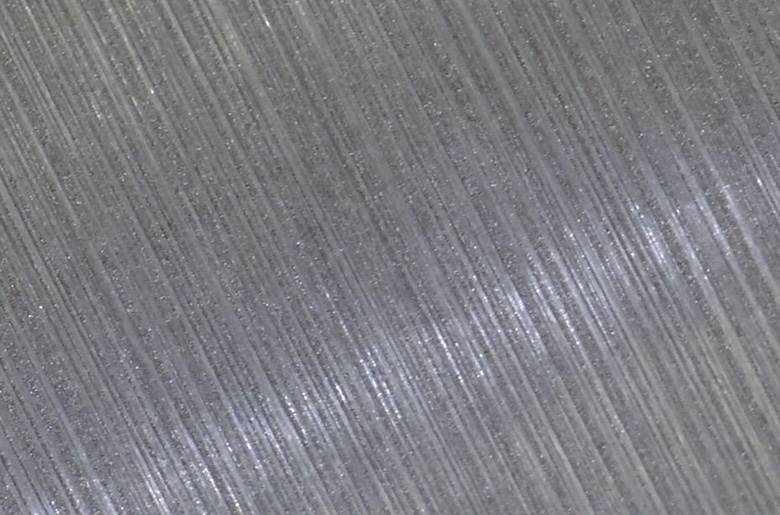Spintex secures $100,000 biomimicry prize

Montana-based The Biomimicry Institute has awarded Spintex, a “spider-inspired” University of Oxford spinout that creates biodegradable textile fibres for performance materials and fashion, this year’s $100,000 Ray of Hope Prize.
Spintex describes itself as having “captured the secret” of the spider’s web, which enables it to mimic a spider artificially by spinning fibres at room temperature through pulling from a liquid protein gel.
According to the company’s website, the process is “1,000 times more efficient than equivalent plastic fibres”, with water as the fibre’s only by-product. Further, being made from protein, Spintex fibres are biodegradable and do not bioaccumulate.
Created in honour of the late sustainable business leader Ray C. Anderson and funded by his eponymous foundation, the Ray of Hope Prize recognises what it calls “the world’s top nature-inspired startup”, chosen from a total of 10 finalist teams after they conclude a 10-week accelerator programme in sustainable business practices. This year, the final 10 enterprises were drawn from a pool of 301 applicants from 49 countries.
According to a Biomimicry Institute press release, Spintex hopes to harness the opportunity presented by its win to scale and expand its textile capabilities. It intended to next create high-performance, stretch-friendly materials with embedded colour properties, all the while ensuring that its product remains biodegradable and non-bioaccumulating.
Co-founder and chief executive of the textile enterprise, Alex Greenhalgh, said: “It’s been wonderful to see such a wide variety of great startups focused on using nature’s lessons to build the future.
“All of us at Spintex are deeply honoured to be selected as the winners of the 2021 and we are so grateful for the opportunity given to us.”
Biomimicry Institute entrepreneurship director, Jared Yarnall-Schane, added: “A sustainable and closed-loop system exists in nature and the prize amplifies solutions that bring human designs into closer harmony with natural solutions.
“This year’s cohort offers real examples of this nature-inspired approach, while also collectively taking on global sustainability challenges that represent billions of dollars of business opportunity.”
Swedish company Aquammodate was this year’s runner-up, receiving $25,000 to help further develop its water filtration technology, which is inspired by diatoms and aquaporin proteins.
Image: Spintex.










